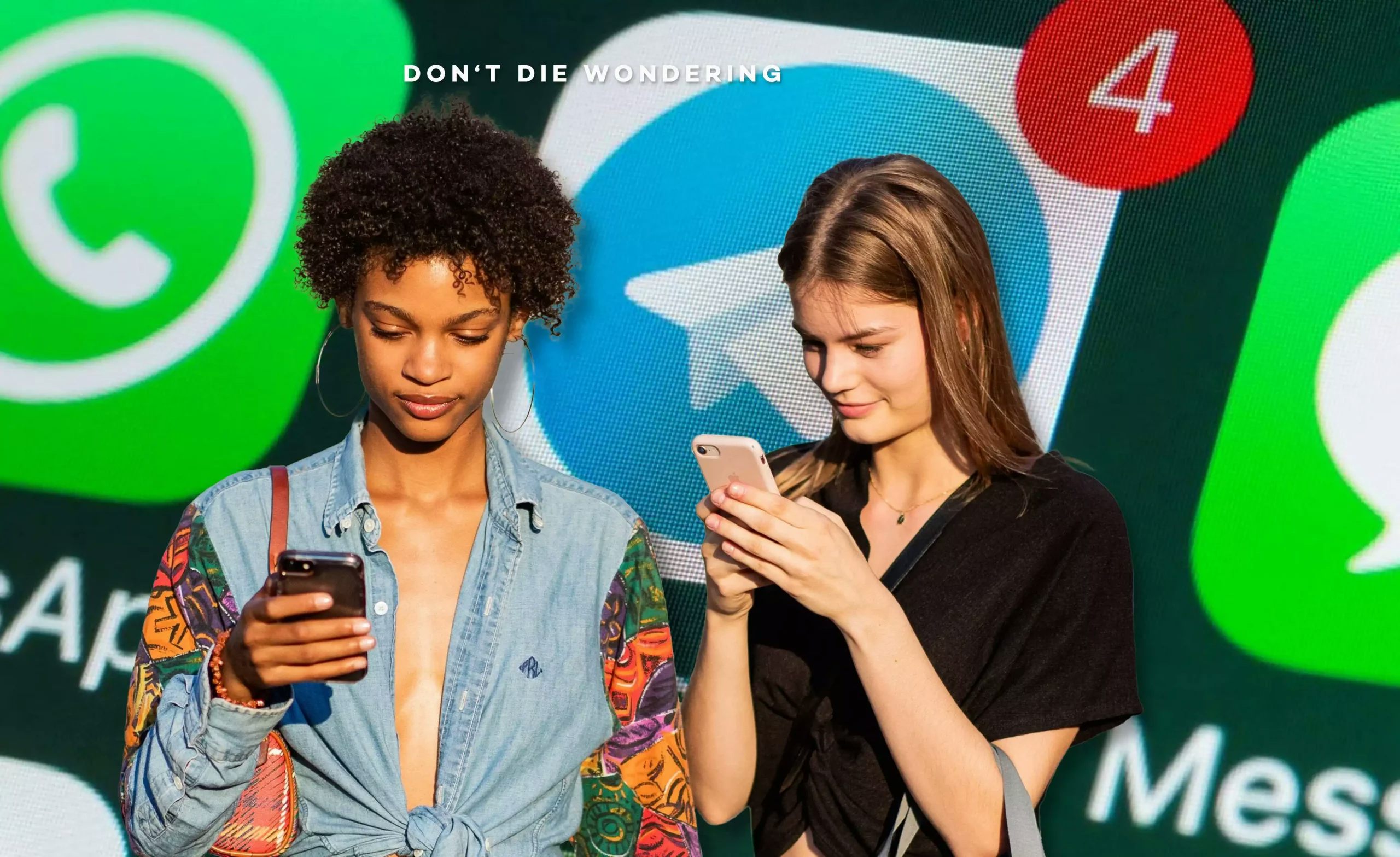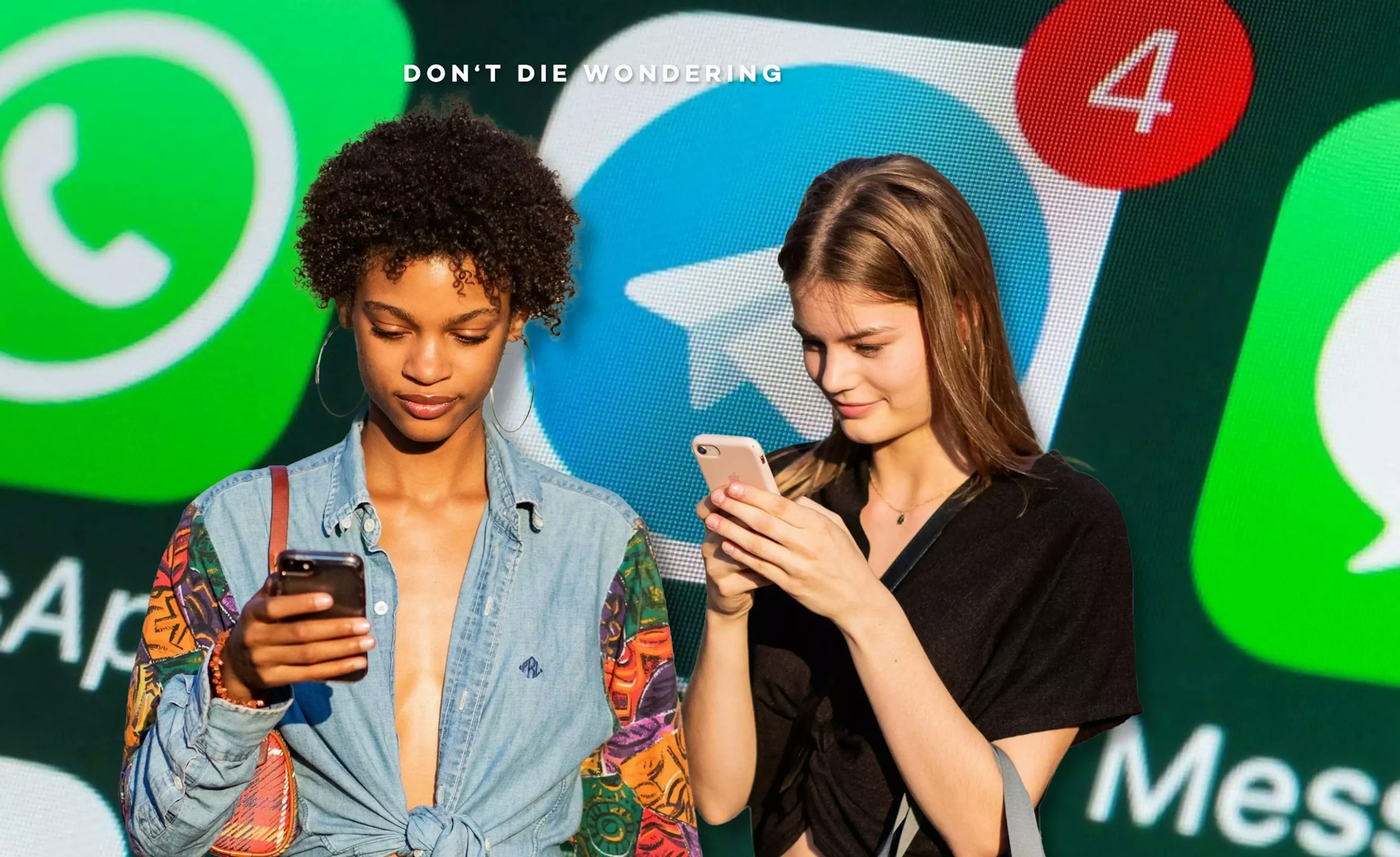On January 8th Facebook unceremoniously announced via a global in-app notification that they were changing the rules of the game on Whatsapp. The newly released user agreements made clear that FB intended to steer the app away from the texting app’s origins as an encrypted and closely protected communication tool effective immediately, and instead give itself ample runway to dip its proverbial toe (or leg) deeper into the data privacy of its users. Users were asked to accept the new terms or risk be removed from the service all together, forever.
Some took this new measure as a mere inconvenience, a standard update to T&C’s that would be readily removed by agreeing Facebooks new terms, others weren’t as convinced on its benevolence. Critics cited a string of worrisome past privacy violations by the Silicon Valley behemoth and cast doubt on whether fellow users should accept overreaching and invasive new data mining.
If some users didn’t even pay attention, the markets certainly did. In the minutes after the message was broadcast across the Whatsapp network, shares and interest surged for competitors including growing platforms such as Telegram, Signal and Parlour. The upswing made clear that the global market for private texting is as strong as ever and is not going anywhere anytime soon – perhaps this was Facebook’s thinking; even if they lost a few million users, their deep roots in user communities alongside their native integration with fellow FB products, Facebook and Instagram, make it too big or convenient to quit.
Facing off against ‘Big Blue’ (FB) are younger companies jockeying for pole position and largely tout the same thing; added privacy layers built on end-to-end (E2E) encryption software so that your data and sensitive information are safe. However, the question remains: are they really safe? And if so – which app should you go with? DDW takes a look at the main alternatives to Whatsapp so that you can decide:
Telegram
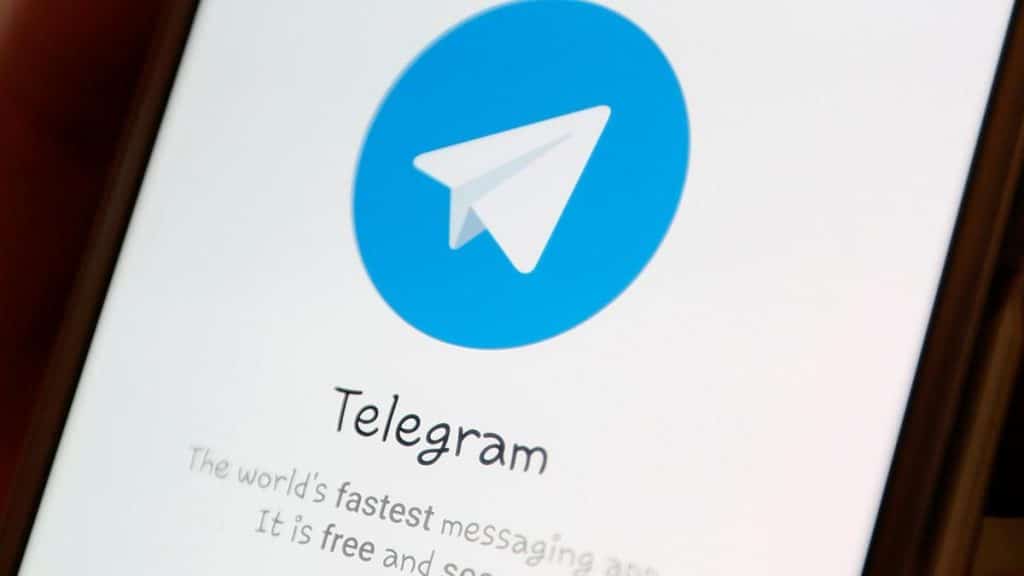
Like many boundary pushing technologies, Telegram has its roots in Russia. Founded in 2013 by brothers Nikolai and Pavel Durov – the app sought to improve on previous messaging technologies by integrating easily across devices and adding a further layer of encryption to its service.
Today, the app has hundreds of millions of users and enjoys the same level of popularity as Whatsapp in many countries. It has however, received its own fair share of criticism for failing to enable E2E encryption as a default and also not encrypting groups or metadata. Further to this, skeptics claim that the Durov brothers have been involved in shady deals with the Russian government to allow back end data sharing for spying, however these claims have not been proven.
Our recommendation: The Telegram app is very easy to use, a rapidly growing user base and clear added functionality which make it a compelling alternative to the market leader. We particularly like the slick groups functions and rumoured blockchain with Ethereum.
Downside: In the murky world of digital data, entrusting your data to a company known for dodging hard questions is a gamble, if you use it make sure to enable the E2E encryption and as with all messaging systems, never share financially sensitive information on it.
Parler
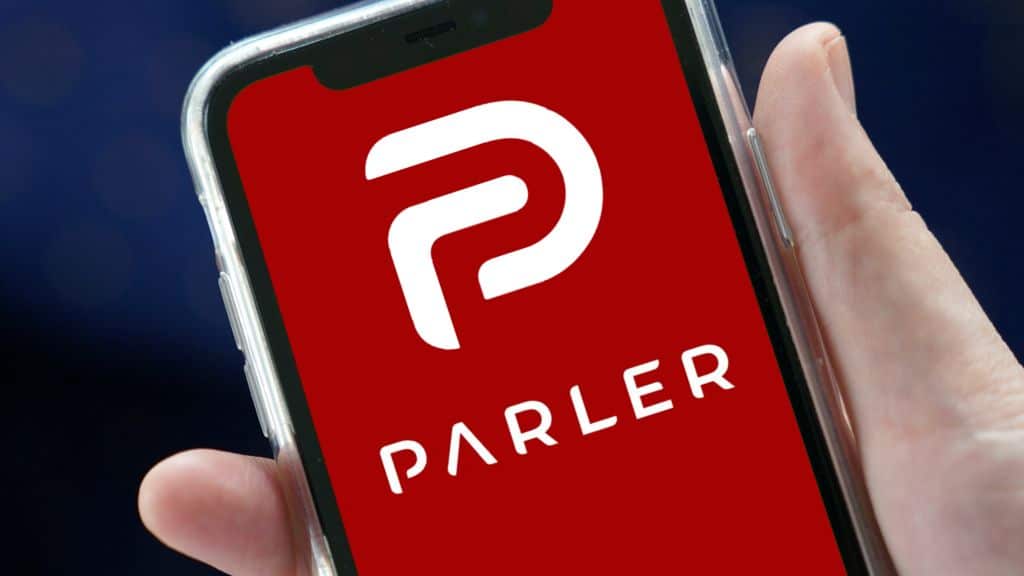
Billed as a ‘free speech social network’, Parler launched in 2018 and hit popularity amongst niche audiences looking for an alternative middle ground between Whatsapp and Twitter. In recent days, the app has made headlines for its adopted role as the go-to chat application for fervent right-wing conservatives spreading their message and what became the run up to the terrorist attack on the Capitol Building by militia groups.
The boost in popularity among these users has lead to a both a boom in growth (with over half a million new users joining a day in November alone) and also to a recent outright ban from Google and its Google Play store as well as Amazon’s Amazon Web Services and Apple’s AppStore – all citing the app’s propensity to feature “posts that clearly encourage and incite violence.”.
In terms of function, Parler sits slightly outside of its competitors in that it offers a more ‘social’ interaction at the intersection between microblogging and social networking.
Our recommendation: The Parler app user FAQ’s state that it is on a mission to change communication by never selling your data to outside entities and supporting unregulated free speech. This, however, has proven to spur on some unseeingly characters that include gun runners, human traffickers and terrorists looking for a free place to exchange intel and ideas. Out of this list, this is definitely one to avoid for a myriad of reasons.
Downside: This is one app that we would steer clear of. Not only is it practically worthless with out the support of the major tech company servers and app stores, it sends the wrong message should your friends accidentally see it on your phone screen.
Signal
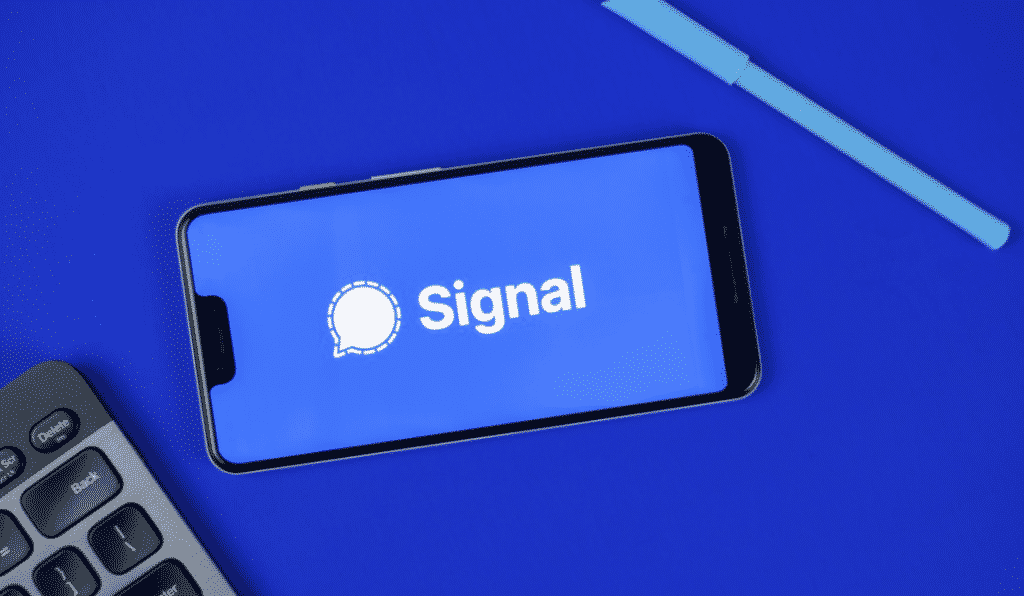
Championed by tech and privacy luminaries such as Edward Snowden and Twitter’s Jack Dorsey, Signal is the hot new kid on the messaging block. Launched only mere weeks ago in December 2020, Signal flies the flag for a new school of privacy-led tech complete with state-of-the-art end-to-end encryption (powered by the open source Signal Protocol) that comes enabled as standard. The company reports that all conversations on the platform are fully secure so that no one – including them – can read your messages, listen in on your calls or know what you are up to.
Our recommendation: Signal’s clean user interface (UI) and simple-to-use functions paired with its improved multi-group functionality and hyper encryption make it a real contender for the world of messaging. We love the idea of not being tracked by marketers, or anybody else for that matter.
Downside: Being the newest offer in the market means that it might take ages for your contacts to join the party, especially when they are likely only just starting to learn about competitors such as Telegram that have been out there for almost a decade.
UP NEXT: A trio that reshaped car history…

